US MARAD study finds marine use of natural gas substantially reduces some air pollutants and slightly reduces GHG emissions
Green Car Congress
AUGUST 26, 2014
A recently released total fuel cycle analysis for maritime case studies shows that natural gas fuels reduce some air quality pollutants substantially, and reduce major greenhouse gas (GHG) emissions slightly, when compared to conventional petroleum-based marine fuels (low-sulfur and high-sulfur).





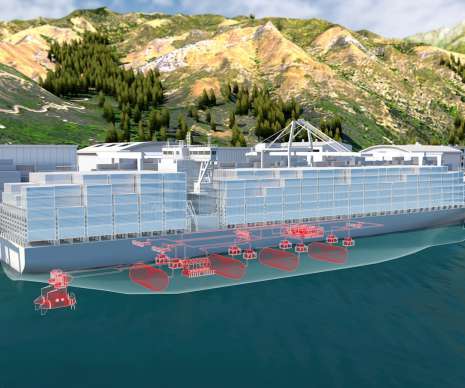




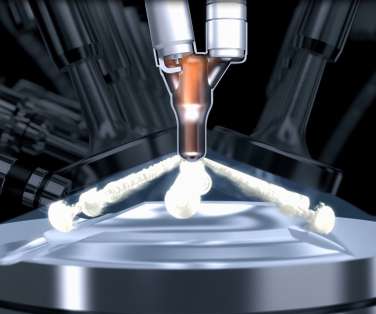











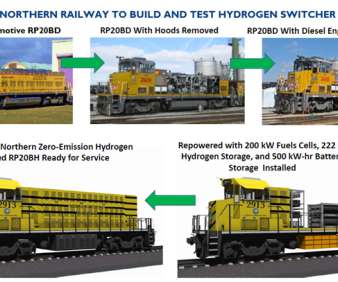



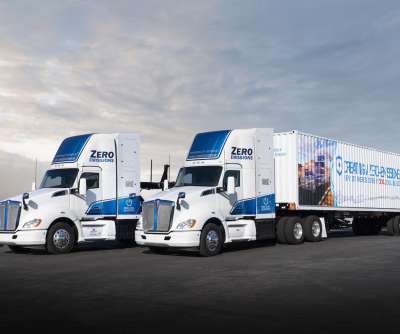
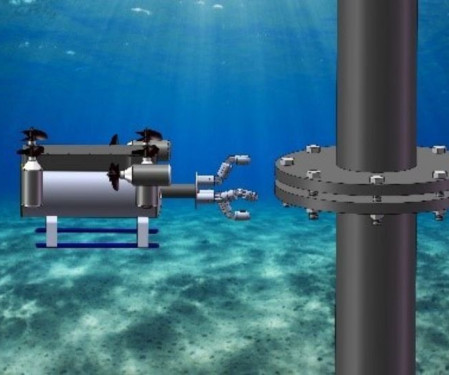


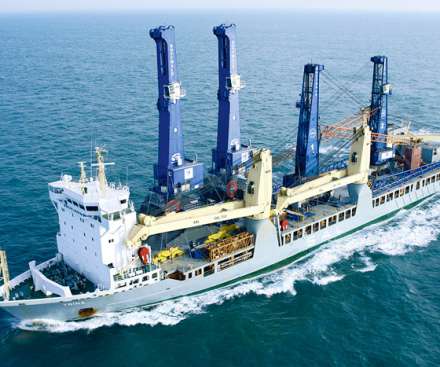


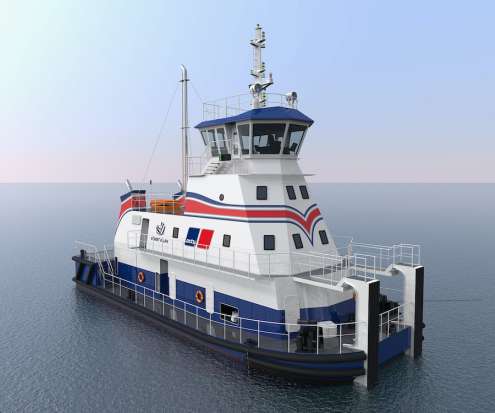






Let's personalize your content